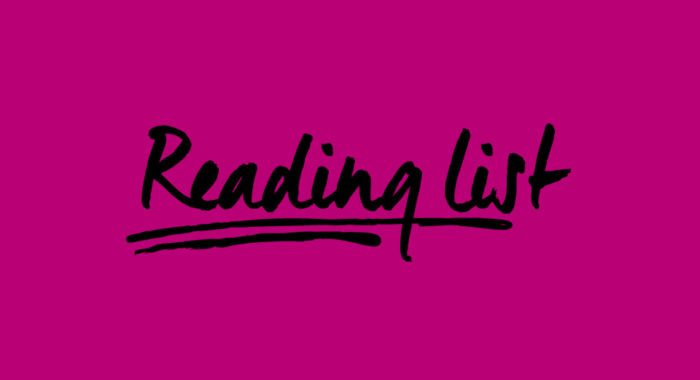We talked with MIT Sloan School of Management Lecturer Leigh Hafrey about the connection between good leaders and good storytellers, and about how to use stories to teach.
Why is storytelling important to you?
We are all storytellers, and as storytellers, understand the obligation to engage, entertain, and educate. We also know the importance of hearing our audience, and the integrity that follows from doing so. A good story captures our exchanges and, in so doing, generates mutual trust. That is the joy of storytelling.
How can storytelling be used as a leadership tool?
Storytelling supplies a narrative logic to events past, present, and future. Presentations by definition work with the principles of storytelling: plot, place, character, conflict and resolution.
Some people do it better than others, and those individuals reach leadership positions in part because of their skill as storytellers. Think Gandhi, Martin Luther King, Jr., Aung San Suu Kyi, Muhammad Yunus and Vaclav Havel. Havel also exemplifies the way in which oppositional figures can take their divergent views into positions of institutional authority, as storytelling presidents, monarchs, corporate heads, judges, labor leaders, etc.
Why is it important for a good leader to be a good storyteller?
A good leader recognizes that a “good story” sometimes is a lie. A solid sense of the ingredients of story, either instinctive or conscious, allows the good leader to recalibrate, and find his or her way to a story that reveals its own motives, and transfers the power of interpretation and discovery to the audience.
How do stories help you in your teaching?
I often teach stories, and the art of storytelling, in my courses on communication, ethics, and leadership. Almost all of my teaching depends on moderated discussion, rather than lecture, and I invite students to tell their stories as a way of illustrating their views. I also run my classes with an eye to eliciting the story in each of my students, helping them to hear themselves and one another during the course of a few days or a semester, so that they understand themselves better.
What are the qualities one needs in order to be a good storyteller?
To begin with, a good storyteller needs to listen well. He or she absorbs stories from other people and the environment, and brings them back to the audience as observations in and of the world. Listening helps also to determine what story will work best in a given circumstance, and shapes the telling experience. A passion for sharing matters, too: a good storyteller wants to communicate an experience because it contains a truth we all want, but may not understand how to access. Finally, a love of the medium—words, music, image—drives the best storytelling.
Leigh Hafrey talked at the 2014 edition about how to lead and fulfill individual and organizational aspirations through story.



